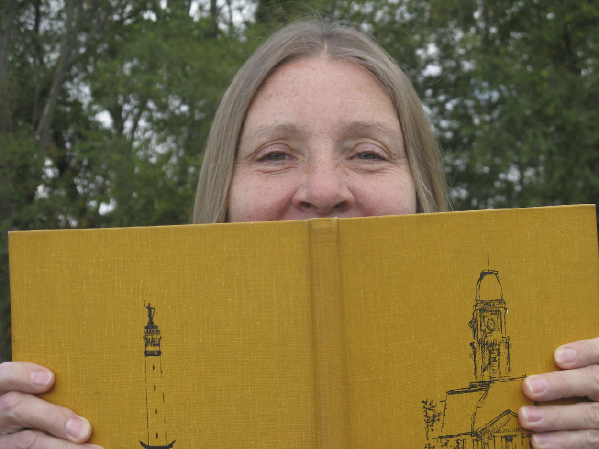Here’s Another Roberts Settlement Success Story

Despite its small size and rural setting, the African American farming community of Roberts Settlement produced a number of successful professionals — doctors, lawyers, ministers, politicians, businessmen and especially, educators.
More educators came out of Roberts Settlement than any other profession, a feat that’s all the more impressive when you consider that most of the original settlers could neither read nor write.
Of all those teachers, arguably the biggest success story was Ezra Roberts.
Ezra Clayton Roberts was born in Roberts Settlement on March 14, 1871 to Flavius J. and Lydia Roberts. While he was still a young child, his family left Hamilton County for Kokomo, and that’s where he grew up.
Flavius Roberts was a carpenter by trade, but he had a keen appreciation for the value of a good education and he made sure his children received one. Two of them went on to become teachers themselves.
Flavius’ daughter, Nora, taught in the Indianapolis public school system for 18 years. At the time of her death in 1916, she was the assistant principal of School No. 23.
Ezra went even further, eventually becoming the head of the academic department of education at the Tuskegee Normal and Industrial Institute (now Tuskegee University) in Tuskegee, Alabama.
It was clear from the start that Ezra Roberts had an exceptional mind. As a youngster he attended Kokomo’s “colored school” where he consistently received top honors. In 1888, he graduated from Kokomo High School, only the second African American to do so.
Intent on continuing his education, he took a few years off to earn money for college by working at the Kokomo post office, first as a mail carrier and later as a delivery clerk.
In 1894, he enrolled in Butler College (now Butler University,) which at that time was located in the Indianapolis suburb of Irvington. During his four years as a Butler student, he worked on the campus newspaper, the Butler Collegian — at least one of those years as the assistant editor — and he performed with the glee club.
He also continued to build on a reputation he’d developed during his Kokomo school days for being a gifted orator and debater. As a senior, he represented Butler in the state oratorical contest, speaking on the theme of “Government and Law.” His argument against lynchings and mobs earned him third place.
Roberts received a bachelor of arts degree from Butler in 1898. The following November he was hired by the Indianapolis public school system. He taught at both School No. 19 and School No. 26 during his years in Indianapolis.
In April of 1906 he attended the Tuskegee Institute’s 25th anniversary celebration and came away so impressed by what he’d seen that, upon returning home to Indiana, he wrote a letter to the Institute’s founder, Booker T. Washington.
Apparently, Roberts also impressed Washington. Later that year, Washington recruited Roberts to serve as the head of Tuskegee’s department of history and geography. Roberts remained a close colleague of Washington until Washington died in 1915.
In the fall of 1915, shortly before Washington’s death, Tuskegee’s executive council chose Roberts to serve as the school’s Director of the Academic Department. He held that position for the rest of his life — which turned out to be tragically short.
Fifteen years later in 1930, Roberts died unexpectedly at the age of 59, felled by “apoplexy” (a cerebral hemorrhage or stroke) while walking between his home and the institute.
According to his obituary, he is buried in Tuskegee, Alabama, but I was unable to find the name of the cemetery.
Notable Nineties Update: I get to add a name to the list myself this time! My cousin, Nancy Lacy, recently became a Notable Ninety. Congratulations, Nancy!
Paula Dunn’s From Time to Thyme column appears on Wednesdays in The Times. Contact her at younggardenerfriend@gmail.com
